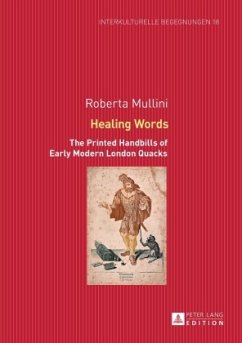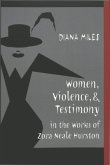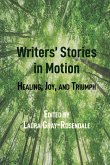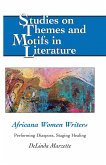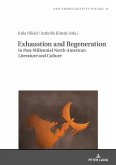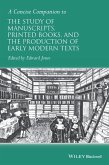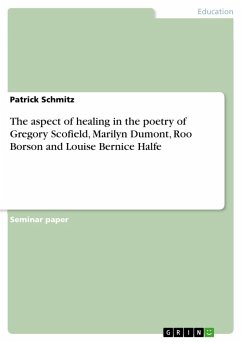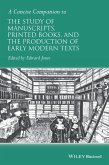During the English Restoration, London unlicensed health carers printed handbills as the easiest way to advertise their medical practices. In order to increase our awareness of irregular medical practitioners as a cultural phenomenon and examine their language, two collections of handbills have been transcribed. The study analyses the lexicon used to address readers, the traits of orality in written communication as well as the places where proprietary medicines were sold. Furthermore it looks closely at the visual impact of some handbills and the role of anti-quack satire at the end of the seventeenth century.
«Through the dialogue between science and humanities and thanks to the interdisciplinary approach chosen by Mullini in her latest book, we get a broad and rich vision of a period, of a profession, and of a type of communication which can only enrich our awareness and knowledge of history, literature, and society while, at the same time, confirming the necessity for the true scholar to cross the borders between disciplines in order to reach a wider, and deeper, perspective.»
(Alessandra Calanchi, Rivista di Letterature moderne e comparate 2/2016)
(Alessandra Calanchi, Rivista di Letterature moderne e comparate 2/2016)

